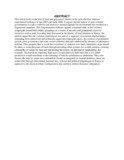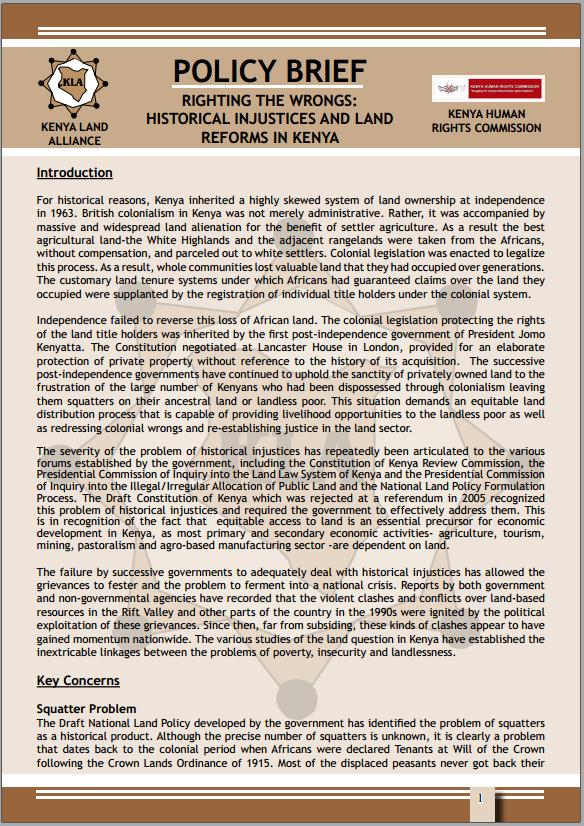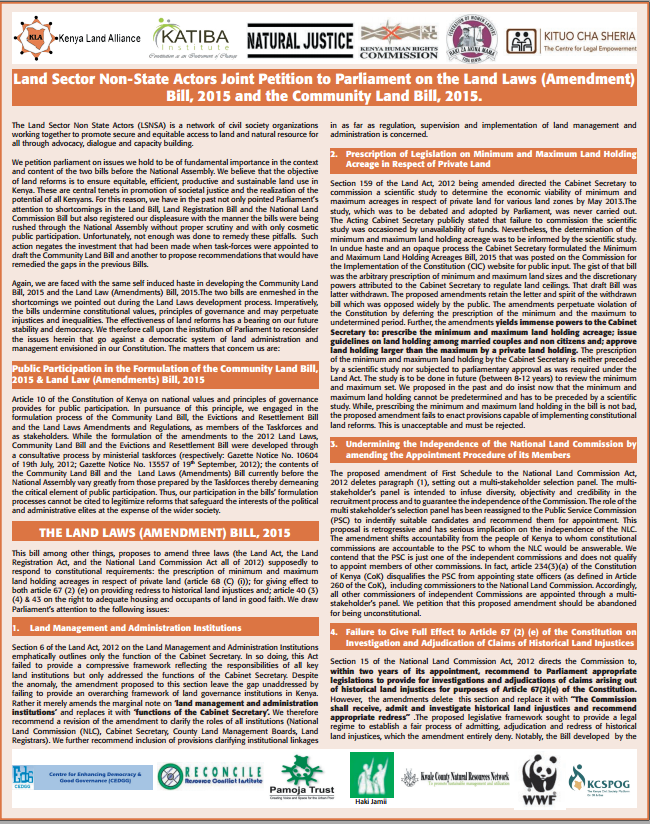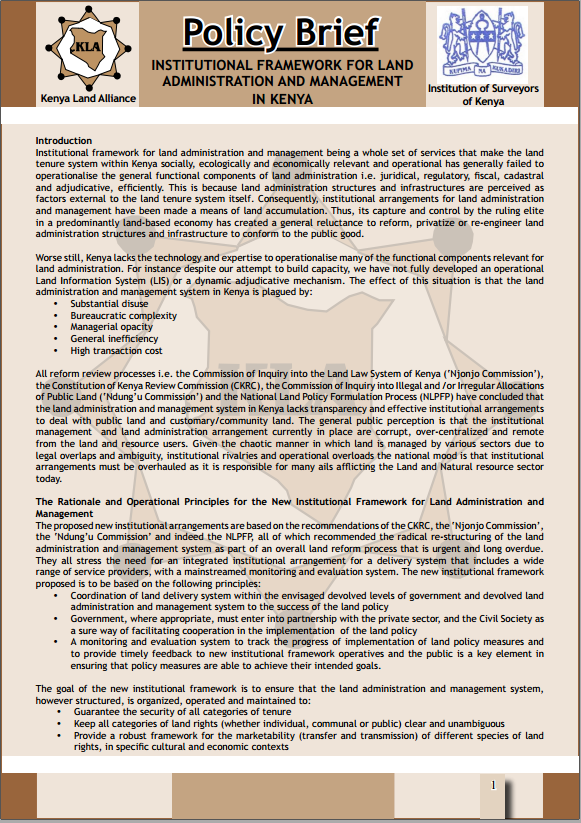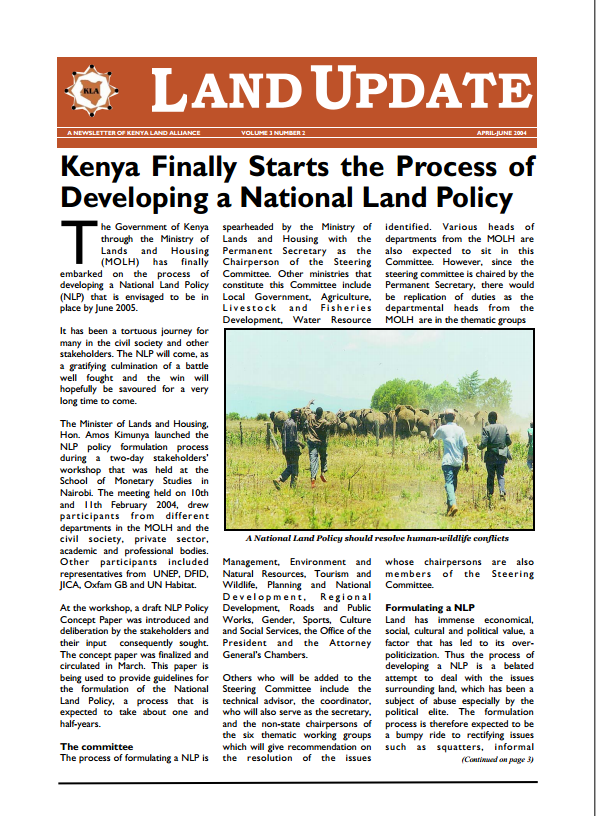Towards Resilient Regions: Policy Recommendations for Stimulating Synergy between Tourism and Landscape
To make regions more resilient, a useful idea is that of synergy between tourism and landscape (i.e., a win-win situation). To help policymakers manage for synergy, we provide practical recommendations. Using the case of Terschelling (the Netherlands), an island that is part of the UNESCO World Heritage listed Wadden Sea, we analyzed how policy and public opinion have been changing, and how multilevel governance is arranged.


